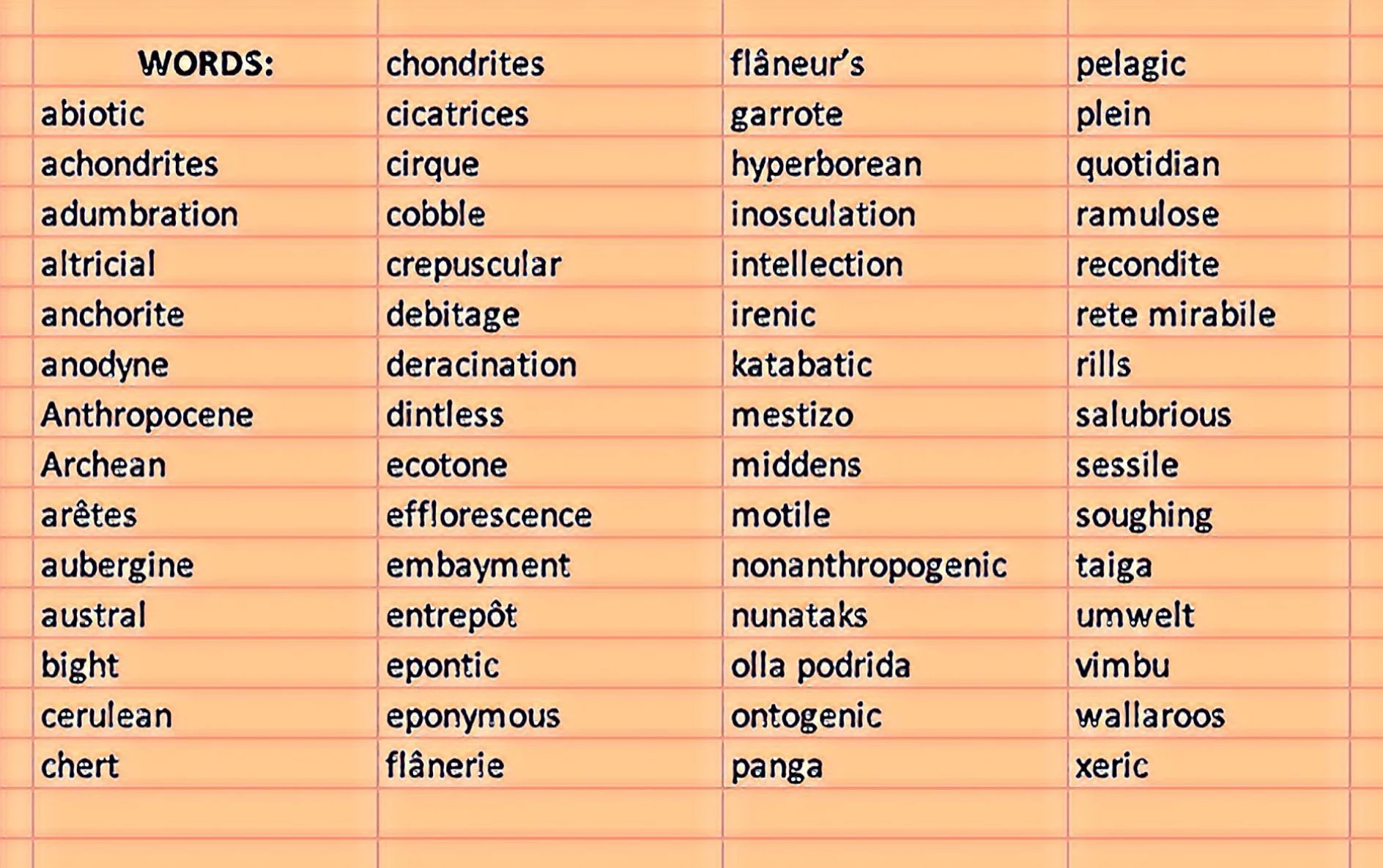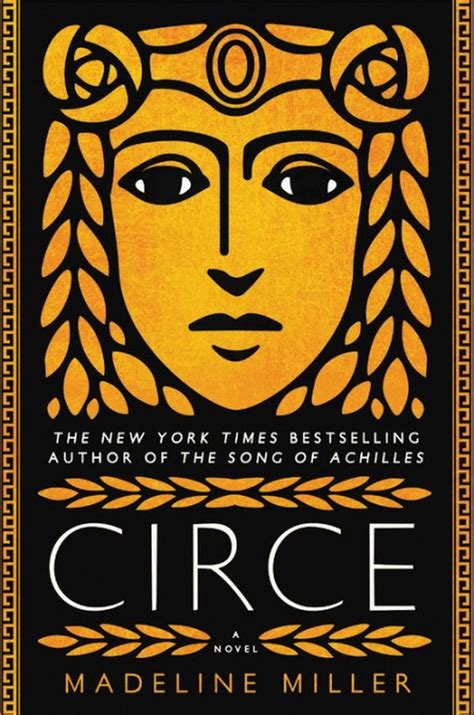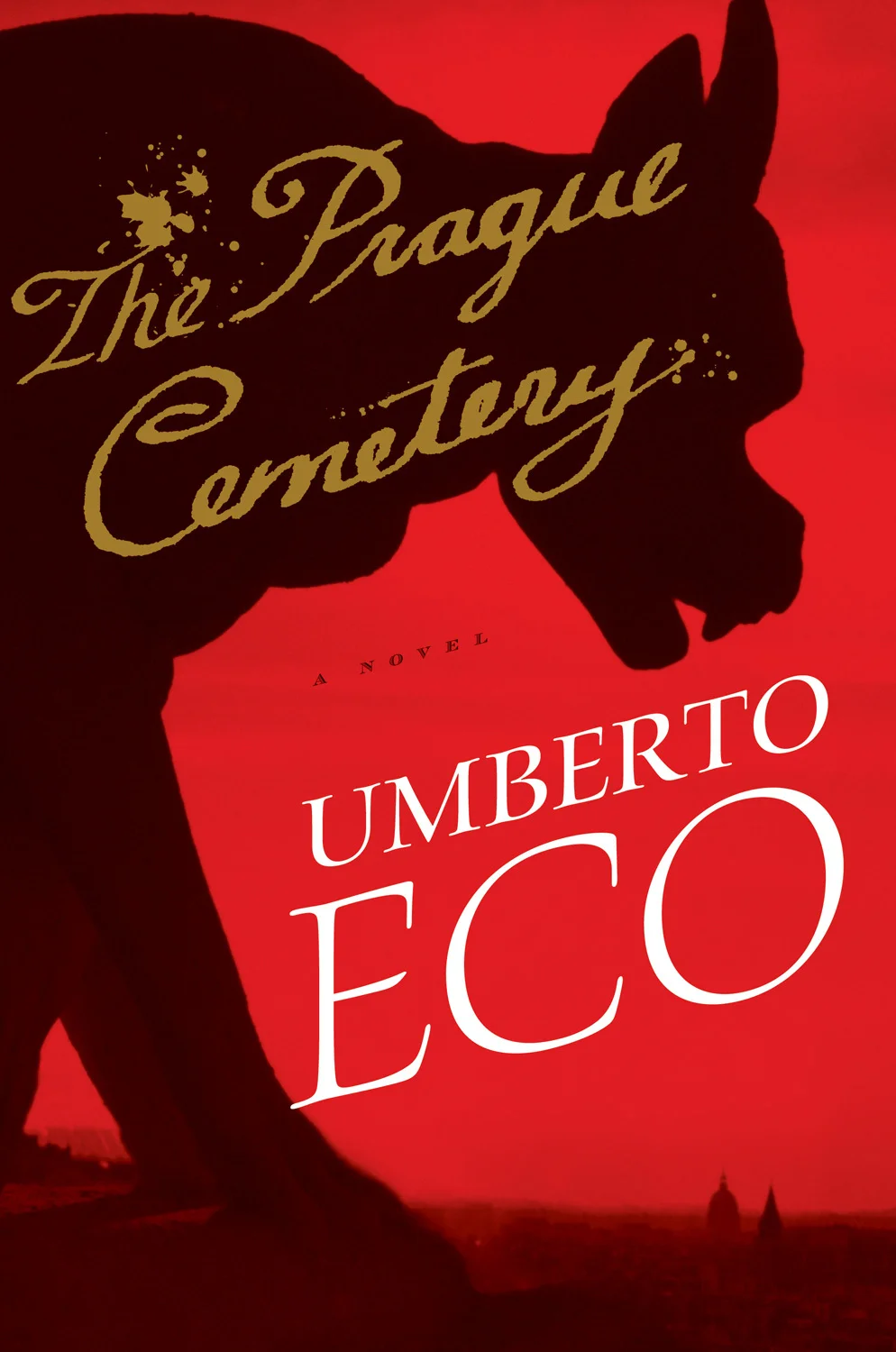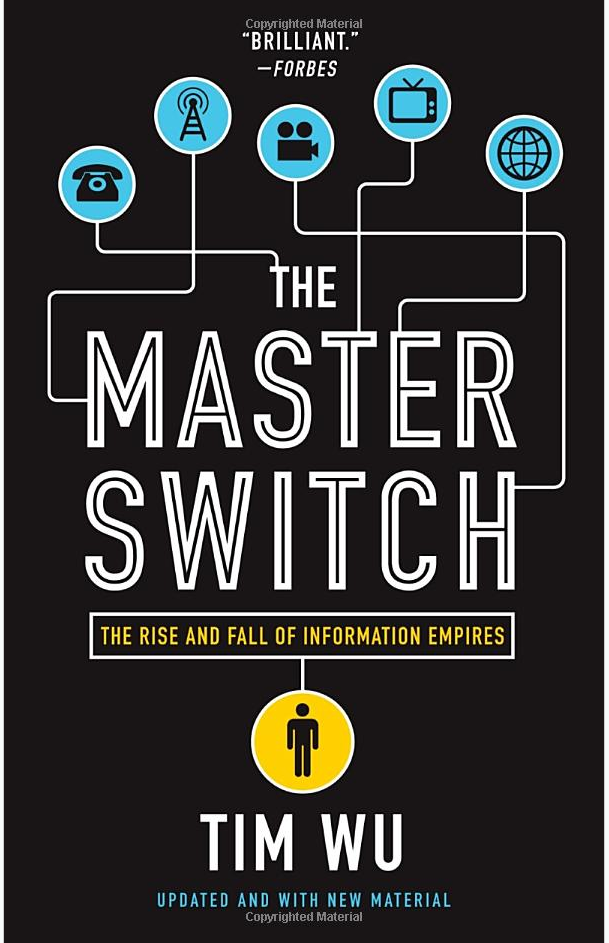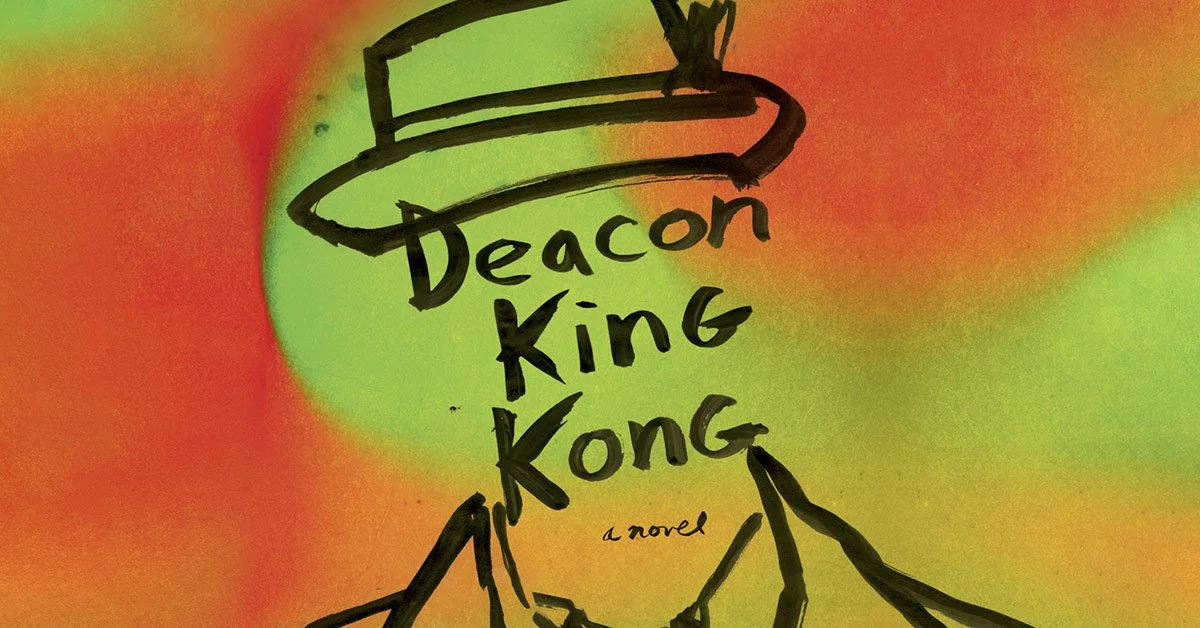Barry Lopez' "HORIZON"
Book Review by Dennis D. McDonald
The Words
The image at the top of this review is a list of words I highlighted as I read this book. These are words I had little familiarity with or had to look up in a dictionary to discern meanings.
Ordinarily when reading a book and coming across so many unfamiliar terms I would complain that the author has not put enough effort into expressing his or her thoughts in plain English.
In this case, the opposite is true. Lopez selected his words carefully to express a meaning as accurately as possible. This is true both for his descriptions of physical envieronments (read, for example, his amazingly clear description of why one can find meteorites on top of ice fields) as well as his insightful examinations of how native and non-native cultures interact — often to the detriment of the native culture.
The Book
There are many useful and thoughtful ideas explored in this book. Lopez has a great respect for “native cultures” that is rooted not in mystical or political philosophies but in the practical realization that our Western ideas about cultural “superiority” tend to be unsophisticated and shallow. Repeatedly, for example, he returns to the concept of the “wise man,” usually an older representative of a group or tribe whose judgement and decision-making prowess are greatly respected. According to Lopez, people who live close to the land and who must constantly make decisions and take actions that have life or death consequences develop a very sophisticated and nuanced worldview regardless of their technological or economic sophistication.
While for the most part he neglects the negative aspects of “primitive” cultures and their frequent reference to supernatural influences on daily life, the point he makes is hard to negate: our belief in cultural superiority, coupled with our refusal to acknowledge the natural world’s complexities, have lead to much cruelty and natural destruction, most pointedly illustrated in his discussions of his Australian travels and observations.
Some of his clearest writing occurs with respect to harsh environments such as Antarctica. He weaves together elements of biology, philosophy, geography, politics, science, and weather. He illustrates the fragility of the hold we have over nature, a hold he is convinced is slipping away (assuming it ever really existed).
One of my favorite parts of the book is his discussion of hunting for meteorites. He manages to tie together many different elements to make us care about the significance of findings shards of matter that pop up from ice fields that originated from the moon, from Mars, or beyond. We’re part of this universe, he is saying. It existed long before we came on the scene and will exist long after we are extinct and gone. The last time I experienced art that accomplishes a similar and difficult weaving-together of the cosmic and the human was the movie Tree of Life. That movie did that visually; Lopez here does it with words.
That we as a species don’t seem to care enough that we are accelerating our own extinction is something he has a tough time fathoming and one might view this book as one long but subtle scream about the need to reverse course. Whatever does happen, we will have books like this that will survive an increasingly chaotic natural world. Hopefully there will be people left to read them!
Review copyright (c) 2022 by Dennis D. McDonald
